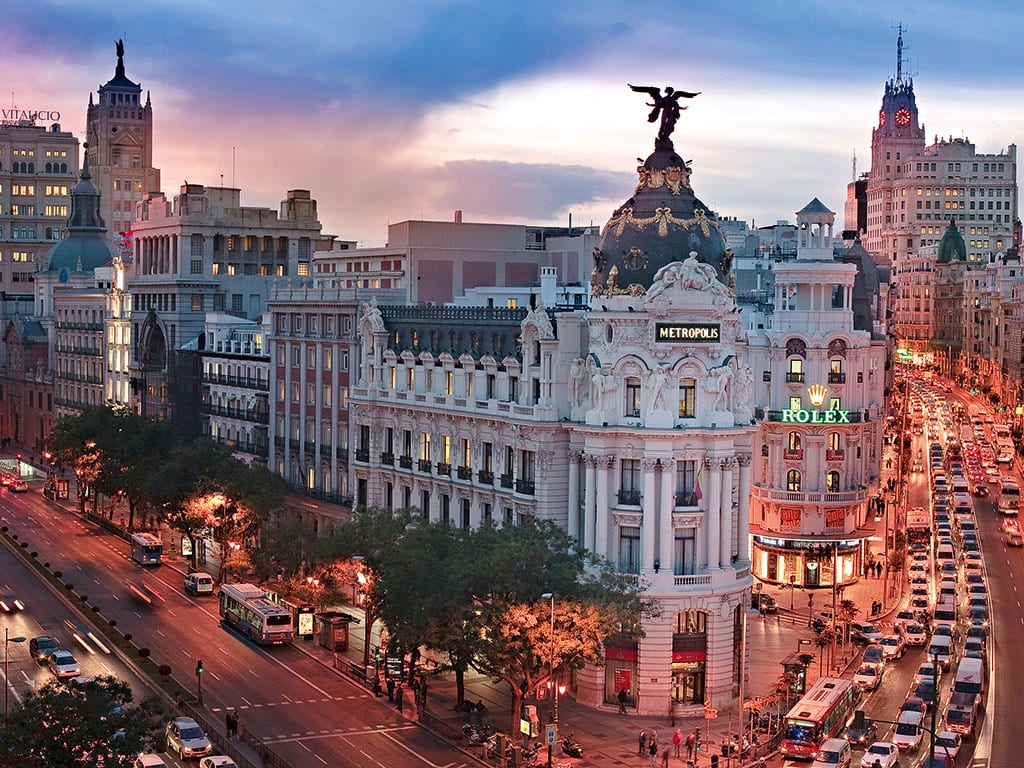THE plight that rural Spain is enduring of the mass exodus of young people is seeing a surprising u-turn thanks to the COVID-19 pandemic.
New data has revealed that many of the largest urban spaces in Spain, Madrid and Barcelona in particular, have seen rapid declines in youth populations since the pandemic began.
According to numbers from the department of Revitalization of Rural Municipalities in the Spanish government, each of these respective cities have seen almost 9000 less under 35s during the 2020 census.
This figures have also been reiterated by many rural communities seeing small increases in this age group since March last year..
Fatima Gomez Sota, professor of sociology at the University of Valencia has concluded that the precarious situation of employment in the big cities, combined with the increased cost of living has forced young people back out into the countryside.
“The increase in unemployment and the economic crisis are pushing some people to seek new forms of work in rural areas,” says Gómez Sota.
Many young people in Spain have family that still live in smaller towns and villages, many of which are seeing their offspring returning to take advantage of the new trends of remote working.
This reverse migration effect has been boosted by the government’s ERTE scheme for furloughed workers laid off during the crisis.
“With the ERTE I was only earning around 400 per month.” 32-year-old Anggy Zapata told the 20 Minutos website.
“My rent is over 1000 per month for a city centre apartment in Barcelona and we have received no help from landlords during the pandemic.”
Zapata left Barcelona to move to the town of Olot in Girona, a historical town on the edge of the Garroxta National Park and home to just 34,000 people.
Zapata is not alone in ditching the city life for life in the country, with many struggling to maintain rent payments while they are not working.
The returning to rural Spain is also signs of a change in trend towards remote and online working, a sector that has been popular in Europe for the past five years, with Spain being pushed to catch up and adapt during these difficult times financially.
This adaptation has brought many youngsters to begin to realise a better quality of life compared to the rat race that cities like Madrid and Barcelona propagate.
“In Madrid, you would travel one hour to and one hour from work every day, you had o chance to switch off during the week, you felt like you were always working.” said another city migrant, an architect based in the capital.
“I now work in a telecommunications office set up by our local town hall in Soria. Once I finish work, I can relax with friends or rest at home with no stress.”
Gomez Sota is cautious of calling this situation a permanent trend as the government department awaits news of the 2021 census to see if youngsters return to the cities.
“It is all dependent on the health situation and how quickly it eases, then we will see if this is the return to rural Spain that the country desperately needs.” said Sota.
READ MORE:
- Depopulation group sets sights on female farmers with new initiative in rural Spain
- Cordoba ‘suffering’ from rural depopulation crisis as Spain becomes one of most sparsely populated areas in Europe
“
Click here to read more News from The Olive Press.








